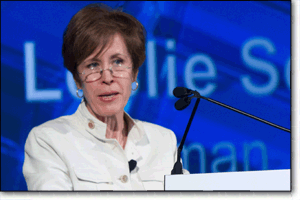Close menu
- Home
-
News
- Back to parent navigation item
- News
- National Compliance Officer Day 2025
- Accounting & Auditing
- AI
- AML
- Anti-Bribery
- Best Practices
- Boards & Shareholders
- Cryptocurrency and Digital Assets
- Culture
- ESG/Social Responsibility
- Ethics & Culture
- Europe
- Financial Services
- Internal Controls
- Regulatory Enforcement
- Regulatory Policy
- Risk Management
- Sanctions
- Surveys & Benchmarking
- Supply Chain
- Third Party Risk
- Whistleblowers
- Opinion
- Benchmarking
- Certification
- Events
- Research
- Awards
-
CW Connect
- Back to parent navigation item
- CW Connect
- Sign In
- Apply
- Membership
- Contact
PCAOB Wants Audit Firms to Name Engagement Partners and Outside Contributors
By Tammy Whitehouse2011-10-18T00:00:00

THIS IS MEMBERS-ONLY CONTENT
You are not logged in and do not have access to members-only content.
If you are already a registered user or a member, SIGN IN now.
Related articles
-
 Article
ArticleWill Naming the Audit Partner in Reports Improve Quality?
2013-12-10T00:00:00Z By Tammy Whitehouse
-
 Article
ArticlePCAOB to Take Next Step on Plan to Increase Audit Transparency
2013-08-27T00:00:00Z By Tammy Whitehouse
-
 Article
ArticleAccounting and Audit Rulemakers Make the Case for Transparency
2012-06-12T00:00:00Z By Tammy Whitehouse
- Terms and Conditions
- Privacy Policy
- Do Not Sell My Info
- © 2025 Compliance Week
Site powered by Webvision Cloud






